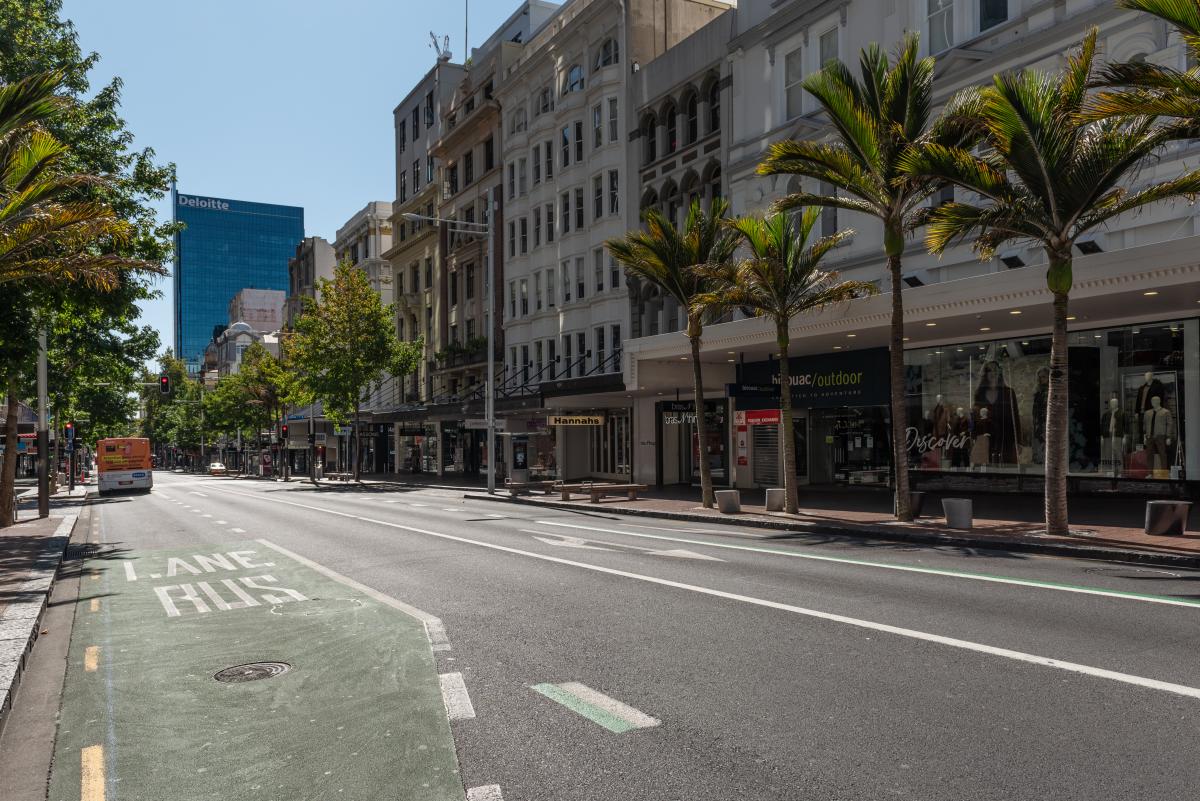Despite pandemic response, NZ consumers face impacts
ASIA's TOP 1000 BRANDS: New Zealand's envy-of-the-world handling of the pandemic doesn't mean its economy was left unscathed, and consumers continue to exercise caution as they reset their habits, according to Nielsen.
by Nielsen

Please sign in below or access limited articles a month after free, fast registration.
If you don’t yet have an account, you can register for free to unlock additional content. For full access to everything we offer, view our subscription plans.
Sign In
Register for free
✓ Access limited free articles each month
✓ Email bulletins – top industry news and insights delivered straight to your inbox
Subscribe
✓ Unlimited access to all Campaign Asia content
✓ Real-world campaign case studies and career insights
✓ Exclusive reports, industry news, and annual features
